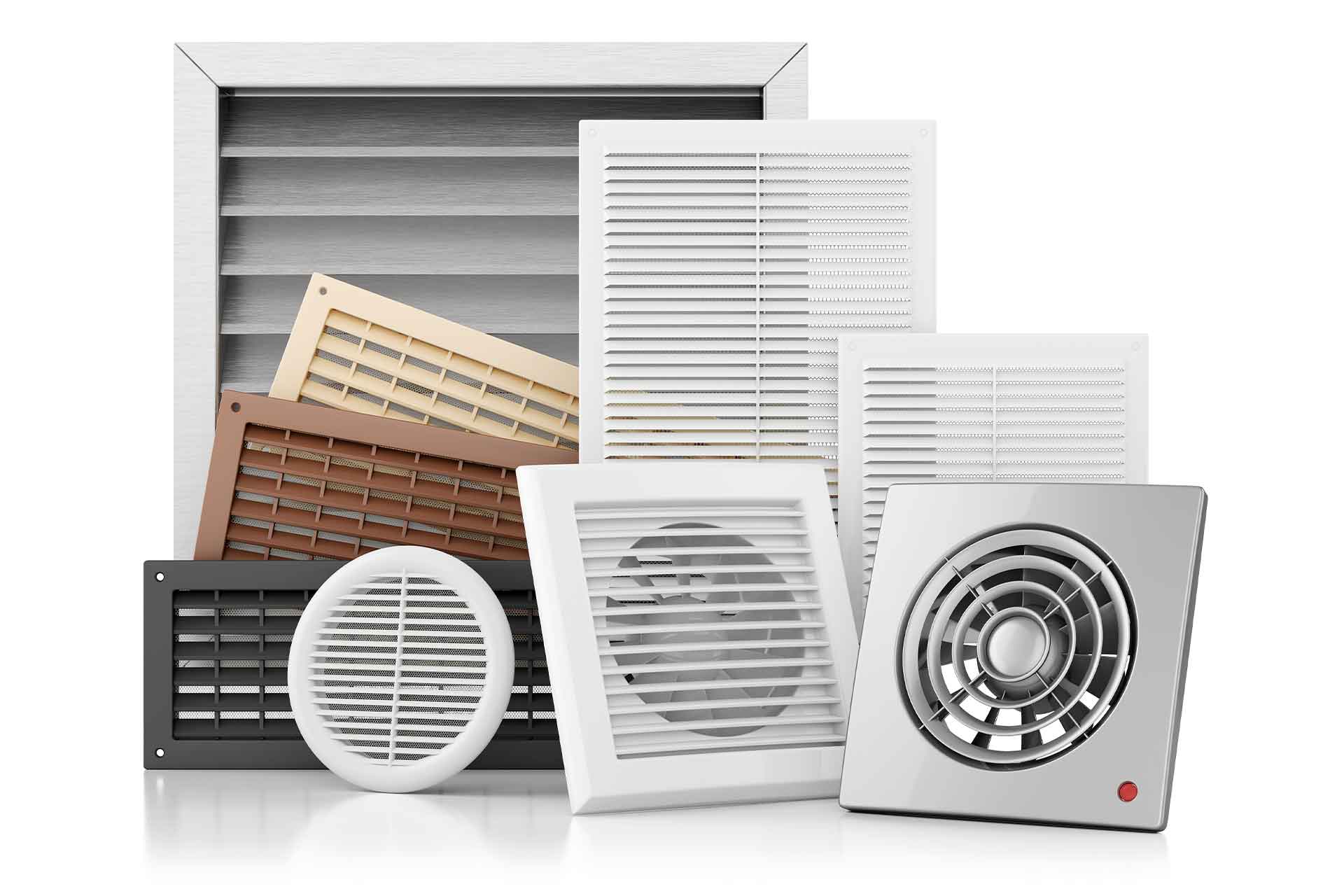Everything You Should Know About Home Ventilation Melbourne Systems
Wiki Article
The Role of Home Air Flow in Preventing Mold And Mildew and Indoor Allergens
Home air flow is a vital part in keeping a healthy indoor atmosphere. It regulates moisture levels, which can avoid the growth of mold and the buildup of allergens. Many homeowners forget the value of proper air flow, often leading to hidden issues. Recognizing just how ventilation systems feature and their influence on air top quality might be the trick to a healthier living area. What actions can be taken to improve these systems properly?Understanding Home Air Flow Equipments
While numerous home owners may neglect the value of air flow, understanding home ventilation systems is crucial for maintaining indoor air high quality and protecting against mold growth - Home Ventilation Melbourne. These systems assist in the exchange of stagnant interior air with fresh exterior air, effectively minimizing toxins and moisture degrees. Usual types include all-natural air flow, which depends on wind and temperature differences, and mechanical ventilation, which uses ducts and fans to manage air flow. Furthermore, well balanced ventilation systems integrate both techniques to enhance air high quality. Effectively made and maintained ventilation systems can aid regulate temperature and moisture, ensuring a comfy living setting. Property owners must think about elements like home climate, layout, and tenancy when selecting an air flow system to finest fit their needs and boost total air quality
The Effect of Moisture on Mold Growth
Humidity plays a crucial role in mold and mildew growth, making it an essential factor for property owners to keep track of. Mold and mildew flourishes in settings where humidity degrees surpass 60%, as these problems offer the dampness required for spores to proliferate and sprout. High humidity can arise from various resources, consisting of bad air flow, water leaks, and food preparation or showering tasks. When humidity levels continue to be elevated, mold and mildew can create quickly on natural materials such as drywall, wood, and material. House owners should use dehumidifiers and assure appropriate air flow in locations susceptible to wetness, such as cellars and restrooms. Preserving interior moisture between 30% and 50% can greatly reduce the danger of mold and mildew development, contributing to a much healthier living environment.Determining Typical Indoor Allergens
Interior settings can harbor a variety of allergens that affect wellness and comfort. Typical interior irritants consist of dust mites, animal dander, mold spores, and plant pollen. Dirt termites thrive in bed linen, rugs, and upholstery, eating natural product and adding to respiratory system issues. Animal dander, composed of little flakes from skin and fur, can trigger allergic responses in sensitive individuals. Mold spores, commonly existing in wet locations, can multiply and influence air quality. Additionally, pollen can penetrate homes through open home windows or on apparel. Identifying these irritants is important for maintaining a healthy indoor environment. Awareness of their presence permits homeowners to take aggressive actions to minimize direct exposure and boost general interior air high quality.Benefits of Proper Air Flow
Correct ventilation is crucial for keeping a healthy and balanced indoor setting, as it assists to regulate air top quality and minimize the accumulation of toxins. Appropriate airflow promotes the exchange of interior and outdoor air, thereby diluting dangerous compounds such as unpredictable organic compounds, irritants, and dust. This procedure not only boosts comfort yet likewise contributes to the total wellness of occupants by minimizing respiratory concerns (Home Ventilation Melbourne). Proper air flow effectively regulates humidity degrees, minimizing the likelihood of mold development and fostering a drier atmosphere favorable to wellness. Additionally, it can enhance power efficiency by guaranteeing that home heating and air conditioning systems operate a lot more effectively, resulting in reduced power prices. Overall, appropriate air flow is a vital part in advertising a healthy and balanced and secure space

Tips for Improving Home Air Flow
Although many property owners might forget it, improving home ventilation is vital for boosting air top quality and avoiding mold and mildew development. One effective strategy is to on a regular basis open home windows to advertise cross-ventilation, enabling fresh air to distribute. Installing exhaust fans in kitchens and bathrooms can effectively eliminate moisture-laden air, decreasing humidity levels. Homeowners should also take into consideration making use of air cleansers with HEPA filters to catch check pollutants and irritants. On a regular basis preserving heating and cooling systems, including transforming filters, assurances peak air movement and effectiveness. Sealing leakages around home windows and doors can prevent outdoors air from going into, which helps keep a constant indoor setting. Lastly, incorporating houseplants can normally improve air quality while including aesthetic worth to the home.Regularly Asked Concerns
How Usually Should I Tidy My Home Ventilation System?
Determining just how typically to clean a home ventilation system relies on different variables, consisting of use and environmental problems. Home Ventilation Melbourne. Typically, professionals advise a detailed cleaning every 3 to five years to preserve ideal air flow and performanceCan Plants Aid Decrease Indoor Allergens?
Study indicates that particular indoor plants might help in reducing irritants by boosting air quality and boosting moisture. Their performance differs, and maintaining a clean atmosphere continues to be essential for handling interior irritants properly.What Kinds Of Air Filters Are Best for Mold Prevention?

Are There Details Ventilation Requirements for Cellars?

Just how Do I Know if My Ventilation Is Working Successfully?
To establish effective ventilation, one must check humidity levels, inspect air flow via vents, and observe signs of condensation or stagnant air. Routine evaluations can show whether the system properly distributes and exchanges indoor air.Comprehending exactly how air flow systems feature and their influence on air quality could be the trick to a healthier living area. While several house owners may neglect the significance of ventilation, comprehending home ventilation systems is necessary for preserving indoor air high see this website quality and protecting against mold read the full info here and mildew development. Typical types include natural ventilation, which depends on wind and temperature differences, and mechanical ventilation, which utilizes fans and ducts to manage air flow. Appropriate ventilation is important for keeping a healthy and balanced interior atmosphere, as it helps to regulate air top quality and lower the build-up of contaminants. Lots of property owners may overlook it, boosting home air flow is important for boosting air top quality and stopping mold development.
Report this wiki page